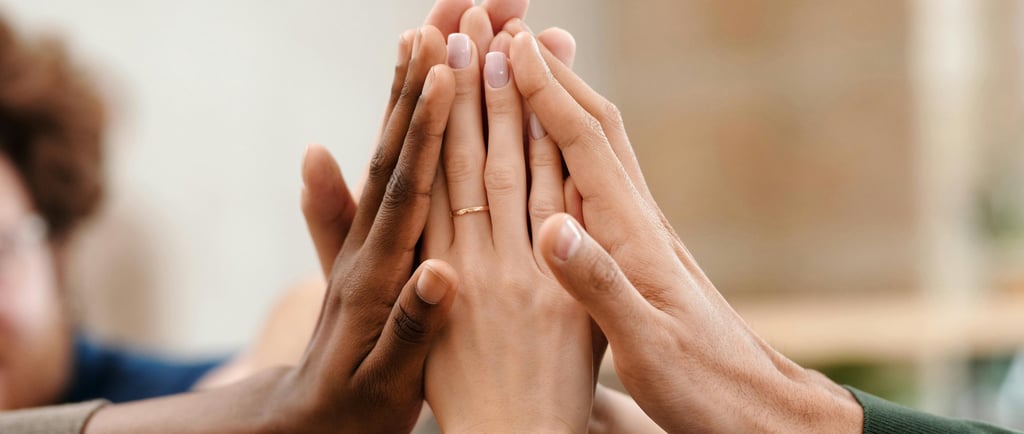Building Trust in Small Survival Groups
PSYCHOLOGICAL & SOCIAL SURVIVAL


Why Trust Is Essential
In survival, no one can do everything alone forever. Groups bring safety, shared skills, and emotional support. But groups also bring conflict if trust is weak. Without trust, suspicion grows, cooperation collapses, and survival chances shrink. Trust is the glue that holds people together when resources are scarce and fear is high.
Choosing Who to Rely On
Not everyone is a safe companion in survival. Some people panic easily, while others may become selfish or violent. When forming a group, look for signs of reliability such as keeping promises, staying calm under stress, and sharing resources fairly. Trust is built faster when you surround yourself with people who already show consistent behavior.
Small Actions Build Confidence
Trust is rarely built by grand gestures. It comes from small, repeated actions. Sharing food, watching over someone while they rest, or keeping a lookout when it is not your turn all prove reliability. Over time, these actions show that you are dependable. In return, others are more likely to protect and support you.
Communication as a Foundation
Clear communication reduces suspicion. Be honest about your intentions, whether it is taking a break, searching for supplies, or needing help. If mistakes happen, admit them instead of hiding. Lies, even small ones, spread doubt quickly and are hard to repair. Groups that talk openly develop stronger bonds than those where silence and secrecy dominate.
Sharing Skills and Knowledge
Every person has strengths. One may know how to start fires quickly, another how to treat wounds, and another how to navigate. Sharing knowledge instead of hoarding it builds trust and makes the group stronger as a whole. Teaching skills to others not only improves survival but also shows commitment to the group’s success.
Fairness in Sharing Resources
Nothing destroys trust faster than unfair distribution. Food, water, and supplies must be shared based on need, not power. If one person always eats first or takes the best equipment, resentment grows. Create simple rules for sharing, and follow them consistently. Fairness gives everyone confidence that their survival matters equally.
Watching Each Other’s Backs
Trust deepens when people protect each other. Standing guard while others sleep, helping carry supplies, or giving comfort during fear builds loyalty. When someone knows you will defend them, they are more likely to return the same commitment. In survival, loyalty is as valuable as any tool.
Resolving Conflict Quickly
Disagreements are inevitable, but letting them fester destroys trust. Small arguments over food, tasks, or direction can spiral into divisions. Address conflict calmly and quickly. Listen, compromise, and move on. Holding grudges weakens the group and makes cooperation harder during real danger.
Mistakes That Break Trust
Greed, dishonesty, and abandoning others in crisis are the fastest ways to lose trust. Breaking promises, stealing, or hiding supplies may give short-term gain but guarantee long-term isolation. Once lost, trust is nearly impossible to rebuild in survival, so protecting it is as important as protecting food or water.
Strength in Unity
A small group that trusts one another can survive hardships that would overwhelm an individual. With trust, decisions are easier, risks are shared, and morale is stronger. Building trust requires effort, patience, and fairness, but the reward is safety and support in a world where danger is everywhere. Survival is not only about tools and skills, it is about people who believe in each other.